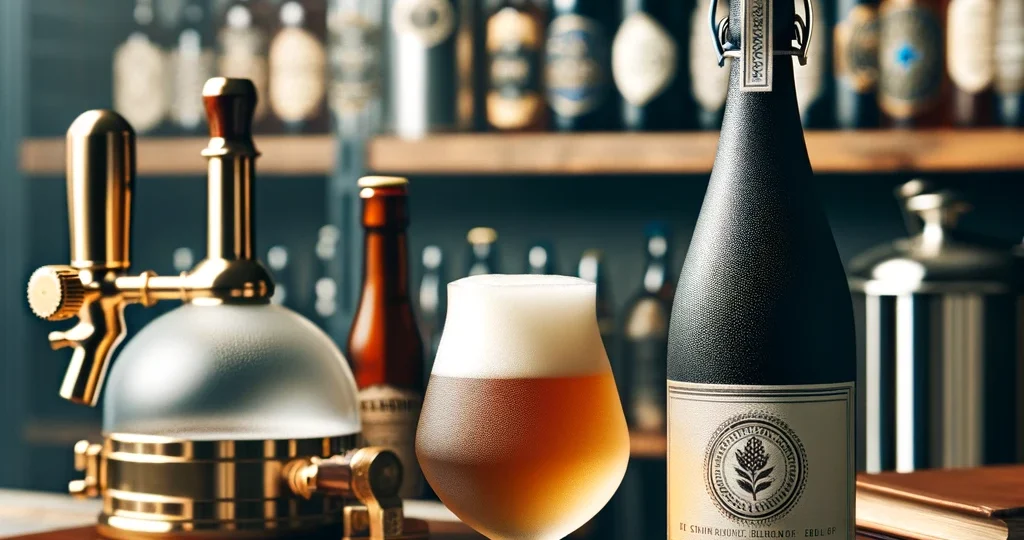
The beverage industry, a dynamic and innovative sector, continually evolves with new flavors, brewing techniques, and packaging designs. Protecting these unique elements is crucial, and that’s where Beverage Intellectual Property (IP) rights come into play, offering a blend of protection mechanisms tailored for the beverage world. Understanding these rights is not just beneficial; it’s essential for safeguarding your brand and products.
Navigating the Spectrum of IP Rights in the Beverage Industry
- Patents: Sealing the Brew of Innovation Patents are the cornerstone of protection for technical innovations. In the beverage industry, this could range from a novel brewing method to an ergonomic bottle design. Patents grant inventors exclusive rights, typically for 20 years, to their creation, providing a competitive edge in the market. However, it’s crucial to understand that not all ideas are patentable; they must be novel, non-obvious, and practically applicable. Interestingly, a search for patents with “beer” in the title yielded hundreds of hits, underlining the industry’s innovative pulse.
- Copyrights: The Artistic Flavor Copyrights protect artistic expressions, whether it’s the unique label on a beer bottle or the engaging advertisement for a new cocktail. These rights attach automatically when the work is fixed in a tangible medium, offering protection for a fixed number of years. For the beverage industry, the visual appeal of products and marketing materials is vital, making copyright a key player in brand differentiation and consumer connection.
- Trademarks: The Signature of Taste Trademarks serve as the face of your brand, ensuring that when consumers see your logo or brand name, they identify it with your quality and reputation. From the unique name of a distillery to the specific color scheme of a soda label, trademarks protect these brand identifiers. The beverage sector, rich with unique brands and product names, relies heavily on trademarks to maintain customer loyalty and brand integrity.
- Trade Secrets: The Recipe of Success Trade secrets protect valuable, confidential business information. In the beverage industry, this could mean a secret brewing process or a unique blend of ingredients. The iconic example is the Coca-Cola formula, guarded for over a century. Protecting trade secrets requires stringent internal protocols, ensuring that the secret remains within the company, maintaining its competitive advantage.
Legal Insights: Cocktail of Clarity and Complexity
The intersection of IP law and the beverage industry is not just about protection but also about understanding the nuances and applying the law effectively. For instance, while a unique cocktail or brewing method might not be patentable, its name or the technique’s specific apparatus might be protected under trademark or patent law, respectively.
Strategy and Vigilance: The Mix for Success
Protecting your beverage brand and products is an ongoing process, requiring a proactive strategy and constant vigilance. It’s about understanding the nuances of IP laws, staying ahead in the filing process, especially under the “first to file” system, and ensuring that your unique creations are adequately protected under the appropriate IP rights.
